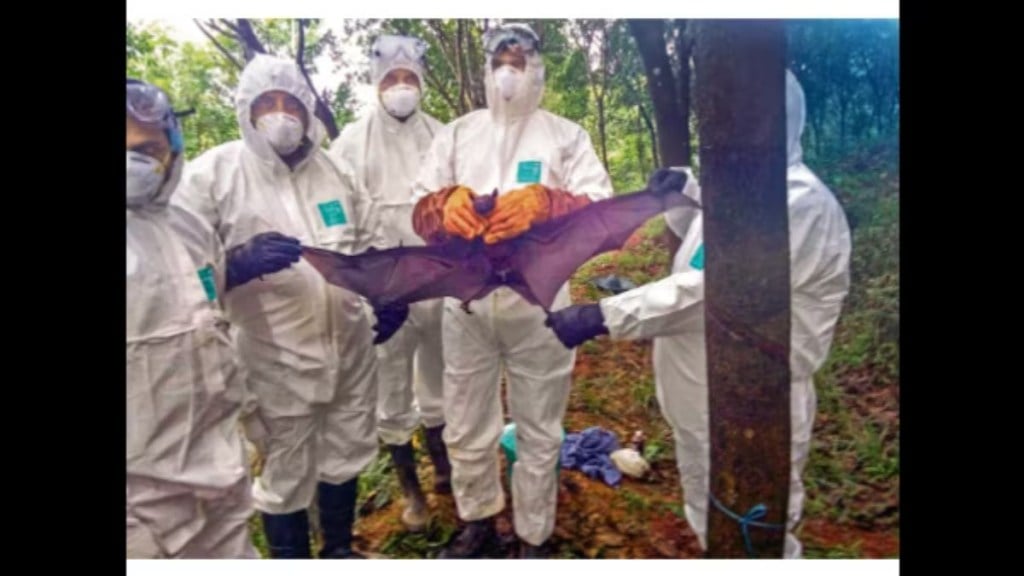The zoonotic Nipah virus that had claimed 17 lives in 2018 has made a worrying return to Kerala. This is the fourth time that the deadly virus has returned to the state in the last five years. In 2023, six cases were detected, all of which had been found in the north Kerala district of Kozhikode. Dr Anoop, Director, Critical Care, of Aster MIMS Hospital’s North Kerala Cluster, had detected the virus which led to the timely containment of the outbreak. He is an expert on infectious disease and tropical fevers and has also served as a member of the state government’s expert advisory panel on Covid-19 management.
Dr Anoop compared the 2018 outbreak in Kerala with the recent cases during an interview with The Indian Express. He also explained why more studies are needed on Nipah.
Reason for repeated infection of Nipah in Kozhikode, Kerala
Dr. Anoop said that there are two ways which can explain the frequent spread of the virus in Kerala, particularly Kozhikode. In 2018, when Nipah Virus was first detected, it was found out that the bats in the Kozhikode area are infected with the Nipah virus. The same strain of the virus was secluded from all cases, showing that bats are the source of infection. He said that this could be one reason that the virus has been present repeatedly.
But there is data that suggests the presence of the virus in bats in other states as well. However, in Kerala, all precautions are taken and collection and testing of samples are done even if there’s a slight suspicion of the infection. This helps in early detection of cases.
Is Kerala being a reservoir of the virus resulting in higher cases?
On being asked about the fruit bats in Kerala being the reservoir of the virus leading to higher number of cases, Dr Anoop said that all fruit bats in India are reservoirs of Nipah virus. However, there could be a possibility of fruit bats in Kerala having higher density of the virus in their bodies. Though no documents are available to compare the density of virus across bats in various states. Kerala just seems to be more vigilant by conducting more tests and identifying the cases more.
The health care system in Kerala is more developed and the people are more aware. Public awareness, dedication of health care professionals and health care infrastructure put together helps in diagnosing more cases and treating more patients.
Nipah symptoms in 2018 and 2023 different?
Encephalitis has been a common symptom since the outbreak of Nipah in various parts of the world since 1998. During the 2018 outbreak in Kerala, patients had encephalitis symptoms. However, the 2023 outbreak shows different symptoms in the patients. The infected people are showing mostly respiratory symptoms and develop severe pneumonia. The encephalitis symptoms are no more to be seen.
How effective are monoclonal antibodies for Nipah treatment?
Dr Anoop said that the monoclonal antibodies are not helpful in treating the existing patients. The data on monoclonal antibodies are mainly about Hendra virus, similar to Nipah. The therapy in those cases was used for those exposed to the virus, but before they developed symptoms. Monoclonal antibodies may be useful in the early stages of the infection.







